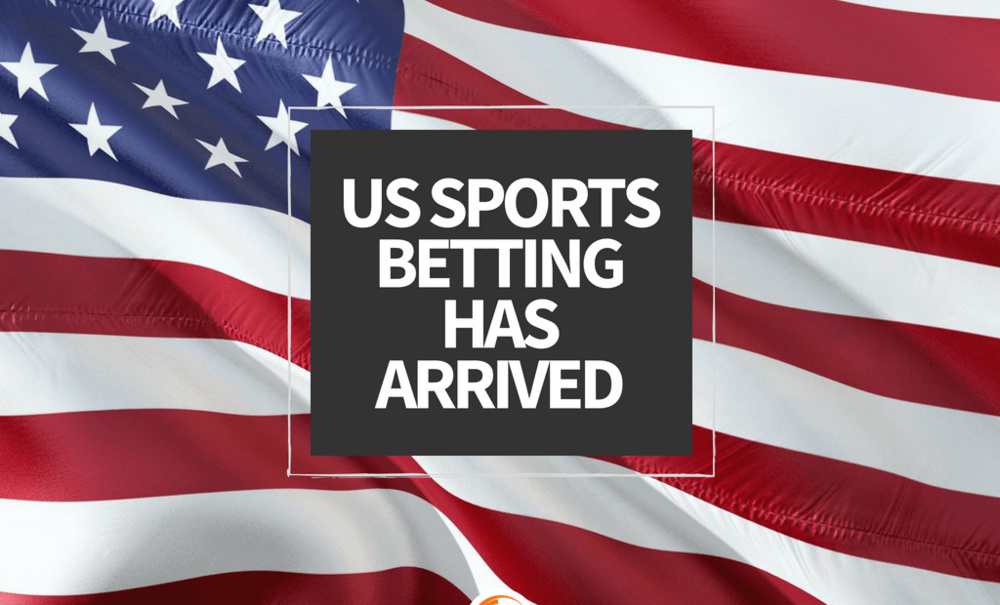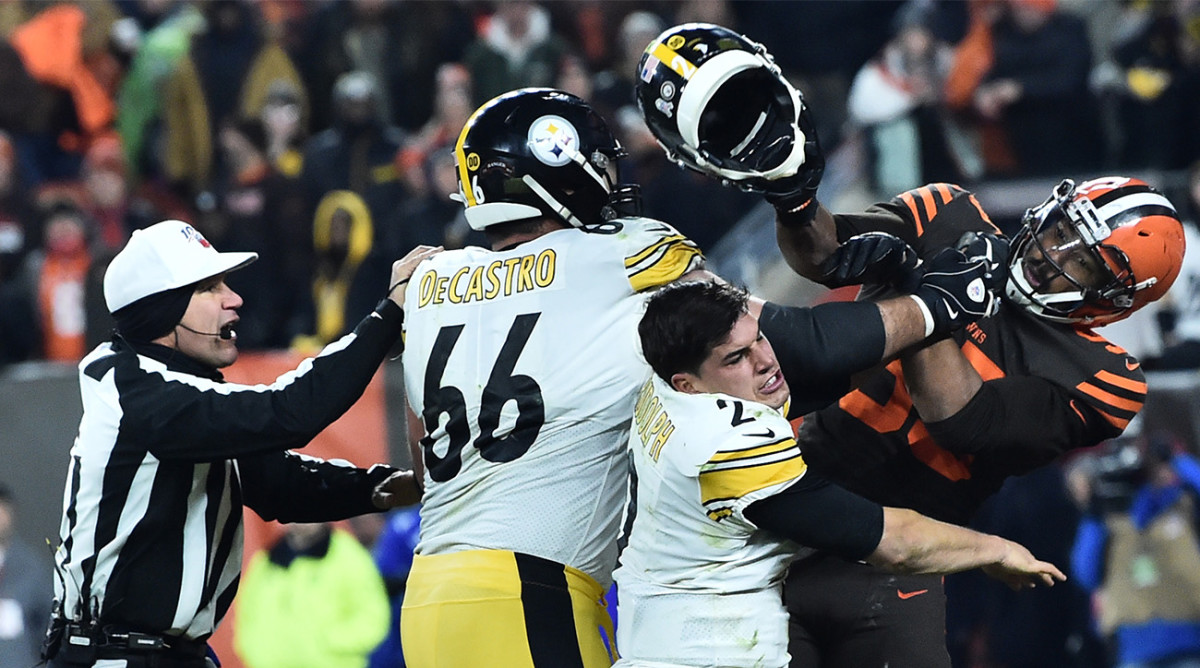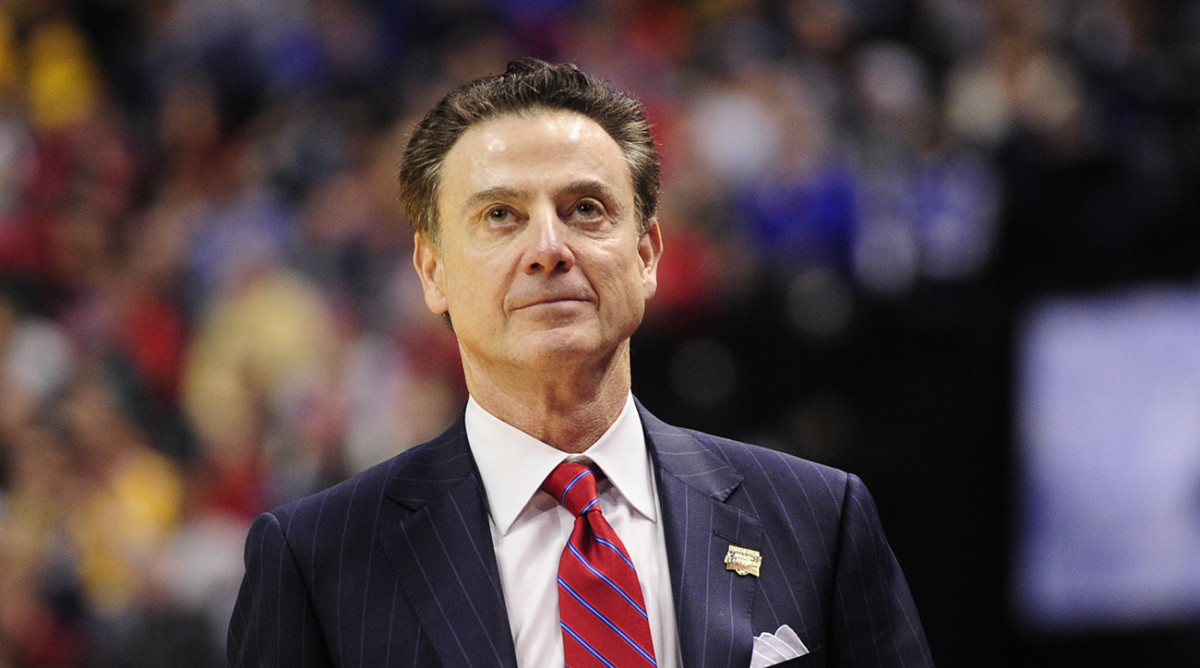Two years after a landmark decision by the United States Supreme Court, the growth of the new legal sports betting market has exceeded many stakeholders' expectations and dramatically altered the relationship between sports leagues and the gambling industry.
More than $20 billion has been bet with U.S. sportsbooks since the Supreme Court struck down the Professional and Amateur Sports Protection Act of 1992 on May 14, 2018. The federal statute, commonly referred to as PASPA, had restricted regulated sports betting to primarily Nevada for 26 years, before being ruled unconstitutional.
Online Sports Betting in the USA: Where is it Legal? Legality issues when it comes to betting on sports is always a hot topic with US players. This is a global industry that offers legal betting in a number of different jurisdictions. Right now, full-on sports betting is available legally in Nevada, Delaware, New Jersey, West Virginia, Mississippi, New Mexico, and more states (see our map above to check your home state). More states are introducing it all the time now that the federal ban has been lifted, and, in this section, we’ll explain why.
Eighteen states -- representing just over 30% of the U.S. population -- now have regulated sports betting markets, with several more on deck. The District of Columbia, North Carolina, Tennessee, Washington and Virginia have passed legislation, and 16 additional states have active sports betting bills, according to the American Gaming Association. In the coming years, industry authorities expect more than half the states in the U.S. to offer legal sports betting.
Twelve states have approved full-scale online sports betting, including in Tennessee and Virginia, which will offer online wagering only. Of the $4.6 billion bet with New Jersey sportsbooks in 2019, approximately 84% of it was placed online.
Jeremy Kudon, a prominent lobbyist who includes professional sports leagues and gaming operators among his clients, said the speed and growth of the betting market -- especially online -- has been 'extraordinary.'
'I would have lost a lot of money, if I was given a chance to wager on whether non-gaming states, like Tennessee, Virginia and New Hampshire would legalize mobile sports betting in these first two years,' Kudon, a partner at the firm Orrick, Herrington & Sutcliffe, told ESPN.
The major players in the U.S. gambling industry are changing, too. FanDuel and DraftKings, two companies who made their mark in daily fantasy sports, are now full-fledged bookmakers and online casino operators, who have earned giant shares of the New Jersey market, well ahead of more traditional gambling companies like MGM Resorts and Caesars Entertainment.

As the market grows, however, problem gambling experts are concerned that states are not considering the potential harm caused by addiction. An analysis by the National Council on Problem Gambling (NCPG) showed nine states that recently authorized sports betting did not dedicate any new funding to problem gambling services.
'Research indicates that anytime we introduce a new form of gambling we will simultaneously bring additional problems and concerns, thus requiring additional dollars,' Brianne Doura, legislative director for the NCPG, told ESPN. 'It is our stance that all stakeholders bear the responsibility to contribute to the research, prevention, treatment, and recovery of gambling addiction. If you profit from legalized gambling, you share the responsibility to pay for the negative consequences that can come from it.'
As new stakeholders in the gambling industry, the NFL, Major League Baseball and the PGA Tour are members of the NCPG, as well as the NBA's Portland Trail Blazers. The leagues have quickly pivoted from their long-held objection to sports betting and are now actively participating in the industry, with sponsorship and marketing partnerships with gambling operators. The cooperation is likely to increase.
'I don't know if this is a specific trigger, but I would say that trajectory, even pre-COVID, had shown a level of willingness [from the sports leagues] to engage and at least understand what the industry is all about,' Matt Primeaux, president of sportsbook operator FOX Bet, said. 'I would expect that to continue.'
Fox, Barstool Sports and the Score are among the media companies that have or will soon launch branded sportsbooks. ESPN has a sports betting-focused partnership with Caesars Entertainment, and CBS Sports has partnered with sportsbook operator William Hill U.S.
All stakeholders will be playing close attention to state legislatures that may accelerate sports betting initiatives to generate new revenue to help mitigate losses caused by the pandemic. On Wednesday, the New Jersey Division of Gaming Enforcement reported $2.6 million in sports betting revenue in April, an 87.6% decrease from April 2019.
'When legislatures return in earnest, we firmly believe the number of states ready to consider accelerating mobile sports betting and online gaming legislation to drive tax revenue will expand substantially,' Matt King, CEO of FanDuel, told ESPN. 'And we also see the industry recognizing this is a unique moment in time, and working more collaboratively to set aside minor differences and get bills across the finish line. Across the board, it's a time for pragmatism, and we see that producing a real opportunity for significantly expanding the map.'
To get deep into the history of sports betting in the USA, we need to first look at the government’s relationship with the legalization of gambling. The US has an extremely long and intricate history of gambling and betting on sports, and sports betting has often gone against anti-gambling laws. Throughout history, there has been constant friction between gambling laws and people who enjoy gambling in its various forms—including online sports betting.

The first time sports betting came to light was alongside the uptake of organized crime in the mid-20th century. Congress then acted by passing gambling legislation which aimed to stop its spread. However, sports betting was soon legalized in most states, due to its popularity. Nowadays, US states can establish their own gaming legislation.
Sports betting milestones throughout history
1607: Jamestown, Virginia – The first settlers arrive
Games of chance arrived with the first American settlers. During this time, there were no large-scale restrictions on any form of gambling. In fact, lottery-style gambling was used to generate capital for many community projects.
1769: The lottery is banned
Did you know, lotteries were used to establish and improve universities and secondary schools in America? Many of the most prestigious universities, including Dartmouth, Harvard, Yale, Columbia, and Princeton were all started through lottery revenue. In 1769, the British Crown put a blanket restriction on all of these lotteries.
1775-1783: American Independence
During this time, the lottery was used to help finance the American Revolution. To gain independence from England, the American revolutionaries found creative ways to raise revenue to help them finance an army.
Sports Betting Usa 2020

1783: Lottery becomes legal
The American settlers gained their independence from England. All official restrictions on the lottery and gambling were overturned.
1860: Different types of gambling banned
The Revolutionary War led to the American economy suffering. The attitude toward gambling had changed as it became associated with corruption at municipal, state, and federal levels. In 1860, the federal government banned many forms of legal gambling, including sports betting. However, horse racing was not included in the ban.
1867: Horse racing for the elite
In 1867, thoroughbred horses raced at the now-legendary Belmont Stakes, followed by Preakness Stakes in 1873. The first jewel of the Triple Crown, the Kentucky Derby, debuted at Churchill Downs in 1875. Betting on and attending horse races was reserved for the elite and it was not viewed in the same way as conventional gambling.
1890: A boom in horse racing
Within 23 years, more than 300 horse racing tracks had been created all over the United States. This impressive number was a reflection of Americans’ favorable attitude toward betting on sport and gambling.
1910: Gambling is banned
Another favored sport to bet on was boxing. Fighters like Jack Dempsey and Gene Tunney rose to fame during this period. As people got to hear of lottery scandals and frauds relating to gambling, the attitude to all forms of gambling shifted.
1919: The Black Sox scandal


The Black Sox scandal is an important piece of American sports betting history. It happened during the 1919 World Series. Eight members of the favored Chicago White Sox were charged with intentionally losing the series to the Cincinnati Reds. They were bribed $10,000 each by a noted sports betting syndicate run by Arnold Rothstein. This tainted the image of sports betting and led people to believe that betting on professional sport could compromise the integrity of the sports.
Mid-20th century: Las Vegas becomes the US sports betting capital
In 1949, the state of Nevada legalized betting on sports to help improve its tourism industry. By the year 1951, the federal government imposed a 10% tax on all sports bets. However, sportsbook casinos were losing out. In 1971, Congress proceeded to reduce the tax to 2% which led to a rebirth of sports betting in Las Vegas.
In the 60s, organized crime continued to rule gambling and sports betting markets outside of Nevada.
1960s through 1980s: Congress establishes new laws
Led by then-US Attorney General Robert F. Kennedy, Congress worked resiliently to pass bills to curb illegal sports betting. In spite of several laws that were applied, illegal bookmaking continued and escalated during the 70s and 80s. Atlantic City also made itself a firm player in the gambling industry during this time.
The 21st century: Gambling and online sports betting
As technology evolved, so did the way people placed sports betting odds and played casino games. In 2006, Congress tried to shut down online sports betting and did this by targeting the flow of money. Basically, Congress made a law that stated that it was unlawful for a person or business in the betting industry to accept funds via credit, EFT transfer, a money transmitting business, or other methods. Crazy, right? Banks were also expected to block these transactions.
Many offshore sportsbooks were forced to abandon US-based customers and look at other payment processing options. In 2007, the NBA referee Tim Donaghy pled guilty to two felony charges in connection with a mob scheme. He bet on games that he officiated. Basically, he called fouls, among other things to influence the game totals.
New Jersey began its 8-year long pursuit to get rid of the law that does not allow sports betting in the state. Their first attempt was unsuccessful. The US District Court for New Jersey ruled against the plaintiffs.
Their long and tireless battle was rewarded on June 11, 2018. Governor Phil Murphy signed Assembly Bill 4111 which legalized sports betting casinos and racetracks within New Jersey. Casinos and racetracks could also seek approval for mobile and online sports betting after thirty days. As of 2020, there are 17 legal online sportsbook casinos licensed by the New Jersey Division of Gaming Enforcement.
<h2>Place your bets at Borgata Online</h2>
Sports Gambling Us States 2019
Borgata Online is a licensed and regulated internet gaming operator. For the best online sports betting and casino experience, register with us. We have an array of online casino games, including jackpot slots and table games. For the best sports betting odds, Borgata Online provides a range of betting markets to suit you.